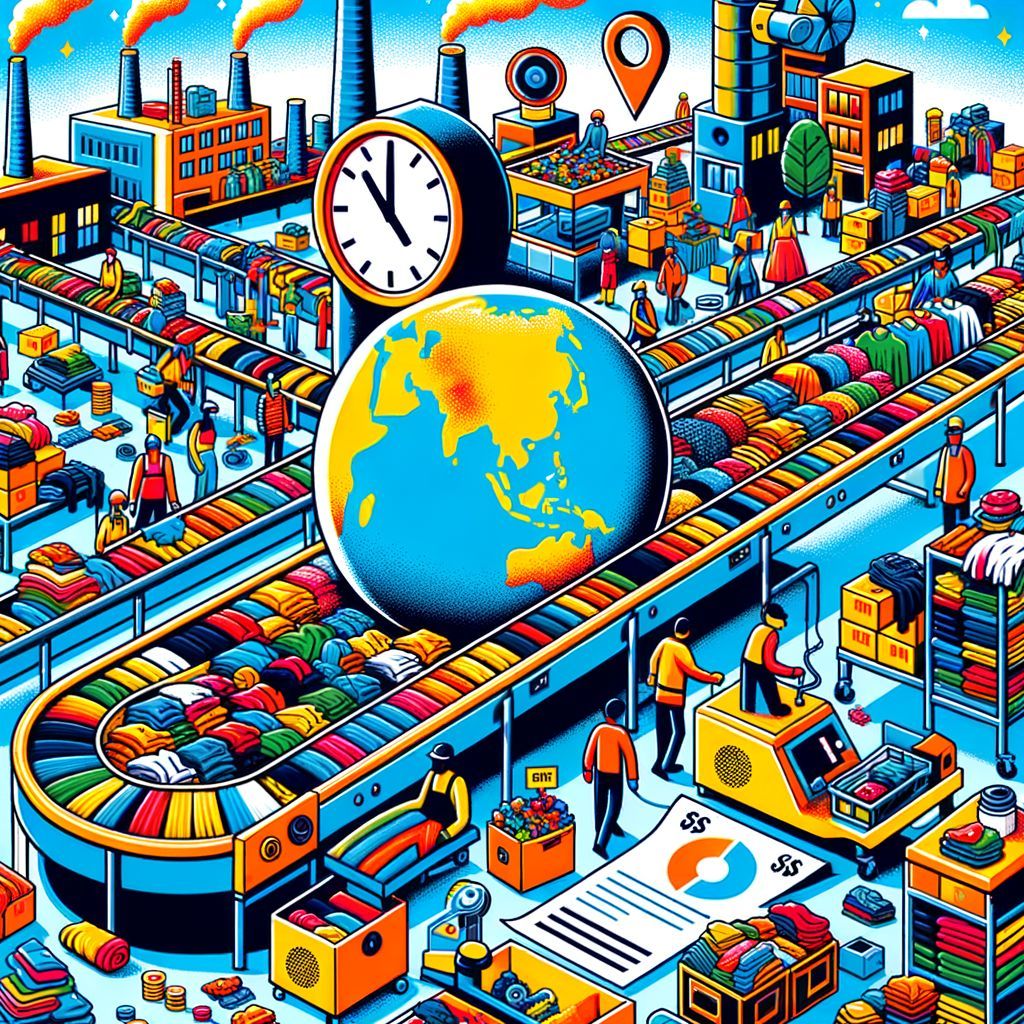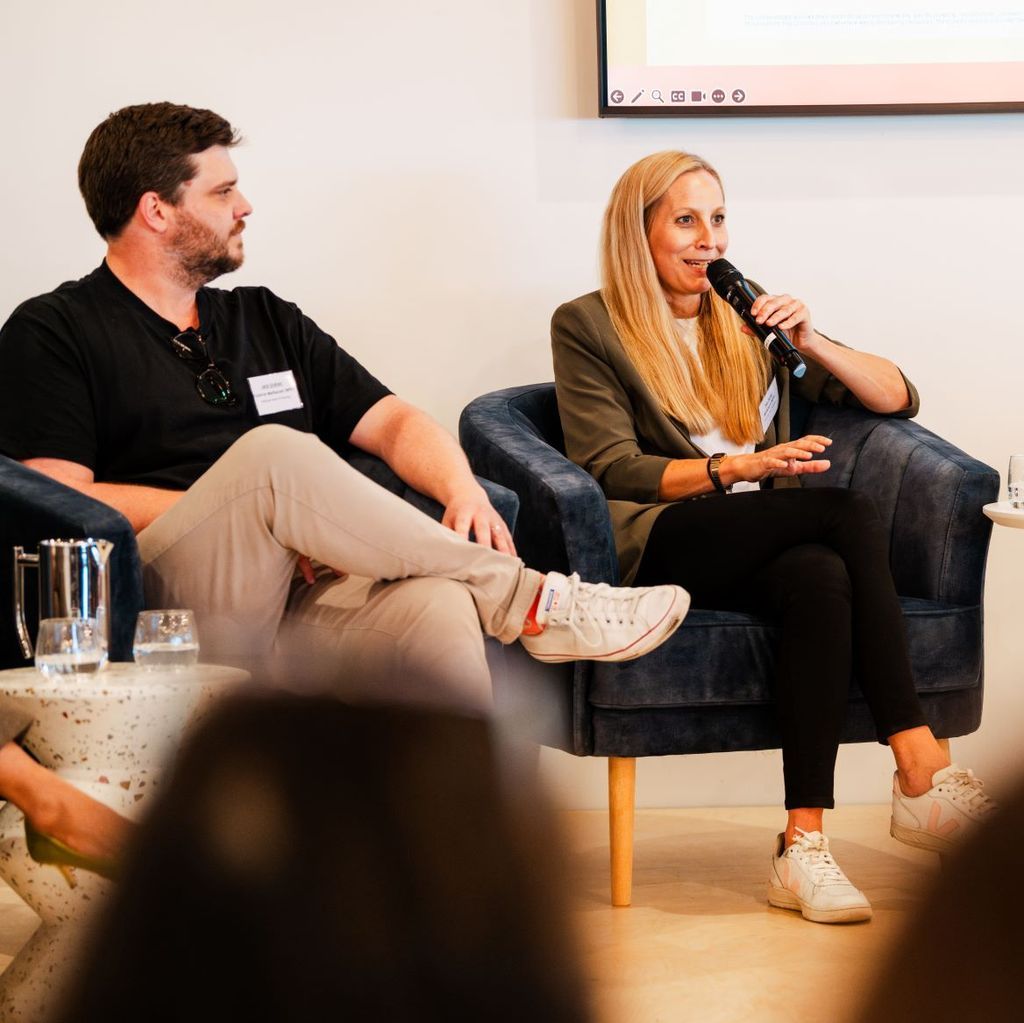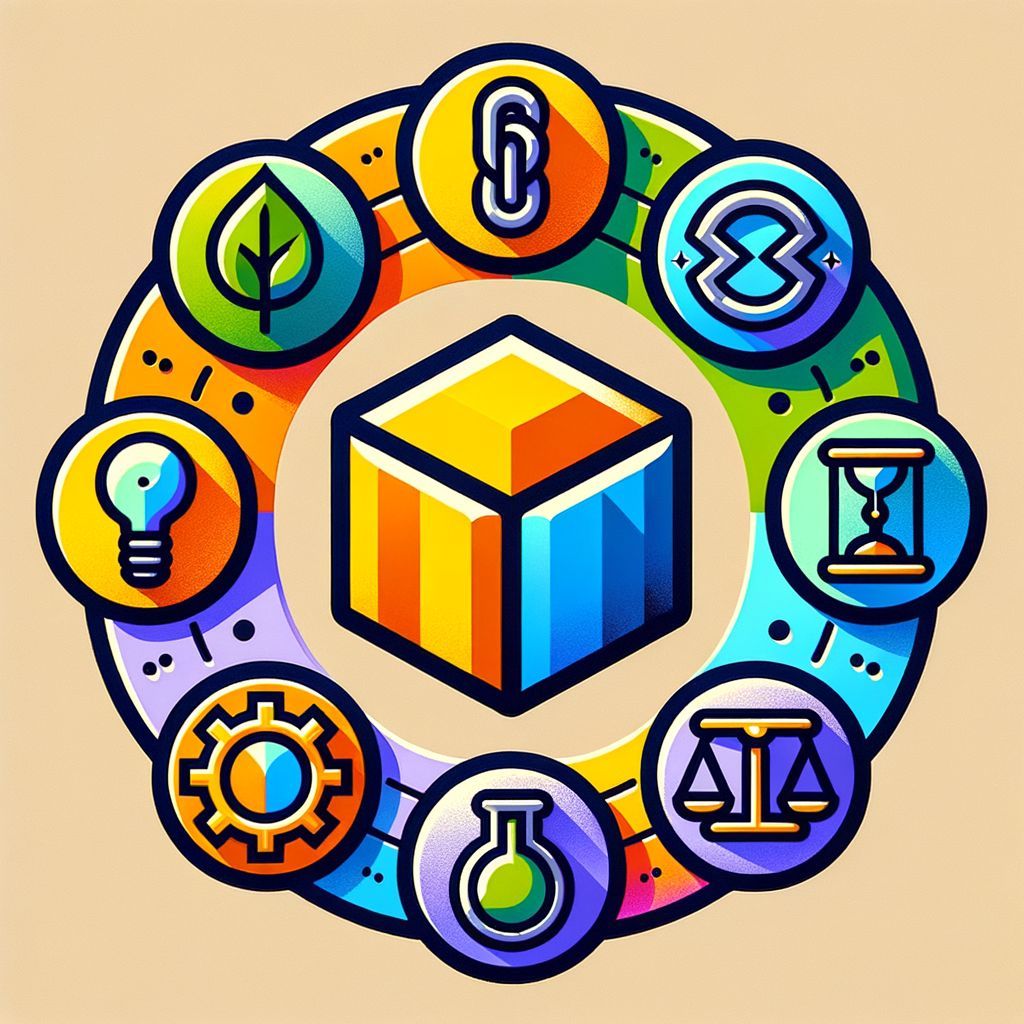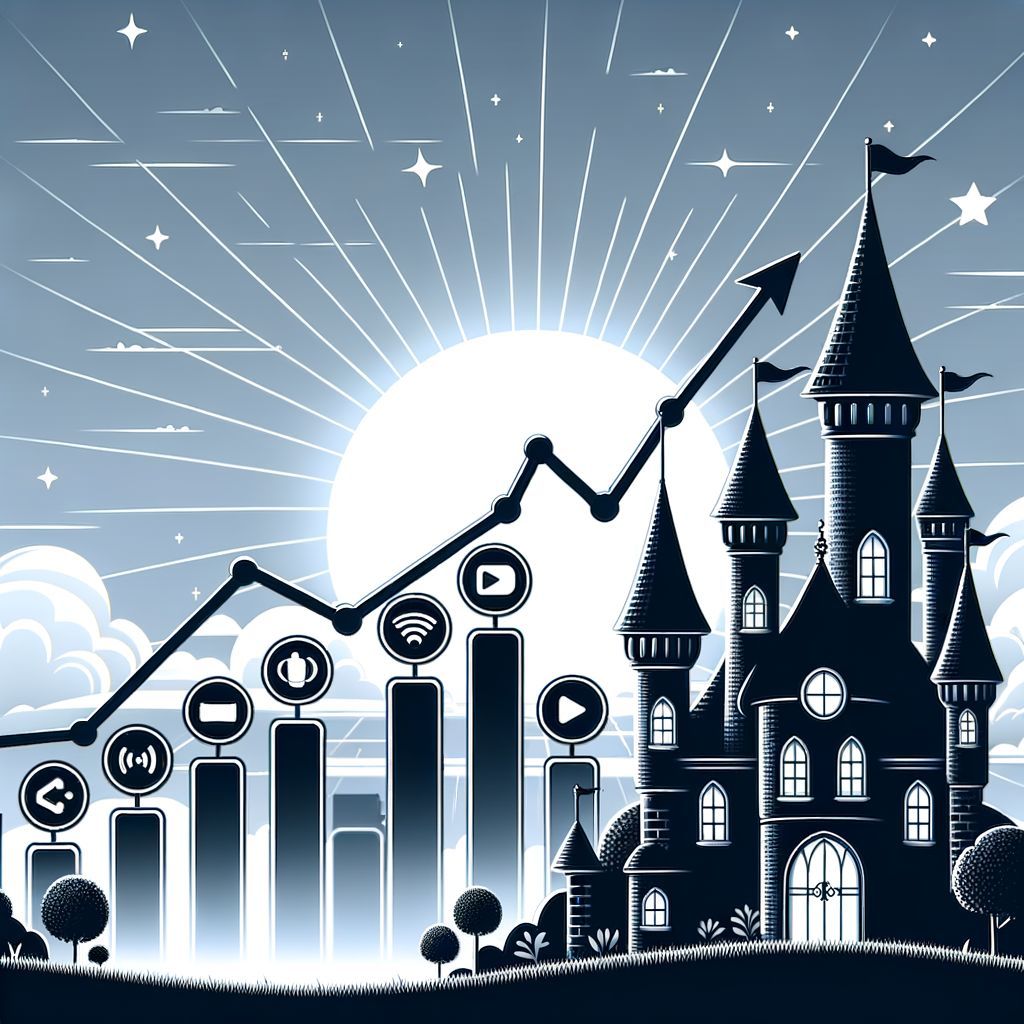

Image by DALL·E Pic: Midjourney
Editors' Note: Many Fast News images are stylised illustrations generated by Dall-E. Photorealism is not intended. View as early and evolving AI art!

Fashion's slow progress,
Workers, planet pay the price,
Change is overdue.

Australia's fashion industry's failing on key ethical and sustainability markers: Baptist World Aid
Baptist World Aid has unveiled the 10th edition of its Ethical Fashion Report, scrutinising the Australian fashion industry's journey towards ethical and sustainable practices.
The report highlights major concerns as Australia's fashion industry lags in creating significant progress for workers and the environment.
A staggering 89% of brands fail to pay garment workers a living wage at any point in their supply chain. The report employs a scoring system to rank the brands out of 100 points, encompassing a total of 120 companies.
Key findings reveal that only two out of 120 fashion brands pay a living wage at any final-stage factories. Furthermore, 51% of Australian fashion companies lack a policy or strategy to address gender inequality at production facilities. Only a third (35%) of Australian fashion companies have a responsible purchasing practices policy and strategy.
The average score of brands that have continued to participate in the research since 2022 saw a 12-point increase. However, the cost-of-living crisis is causing companies to cut back on what they consider 'non-essential' spending, which often includes ESG actions, even as consumers demand more transparency and ethical practices.
Persistent economic pressures have also forced consumers to justify cheaper purchases from ultra-fast fashion brands, contributing directly to the 200,000 tonnes of clothes sent to landfill each year in Australia. Australians buy an average of 56 items of clothing per year and spend $2.5k on fashion.
Baptist World Aid Australia is a development organisation that partners with like-minded agencies globally to empower communities emerging from poverty. Their Ethical Fashion Report has been part of Baptist World Aid's campaign to end worker exploitation for over 11 years. Australians spend $6.4bn on garments at risk of being made with modern slavery in its supply chain.
"As we release our 10th Edition Ethical Fashion Report on the Day for the Eradication of Poverty, it's alarming to see that only two companies are paying a living wage at all final-stage facilities. It’s time to call on companies to play their part and take meaningful action to ensure all workers in their supply chains earn enough to meet their family’s basic needs," said Advocacy Specialist at Baptist World Aid, Gina Snodgrass.
"In today’s cost-of-living crisis, many consumers are justifying cheaper fashion purchases, while some companies are choosing to cut back on their ESG initiatives. But these choices come at a significant cost—particularly for workers in garment-producing regions, where low wages further exacerbate their already precarious conditions," said Advocacy Coordinator at Baptist World Aid, Kat Halliday.
"Companies are only improving at the rate of one percent per year, meaning at this rate it will take 69 years for most fashion companies to get to 100. They must accelerate their progress—not just for the millions of workers facing unsafe and forced labour conditions daily, or the environment suffering from pollution and overproduction, but also to meet their own ESG targets."










